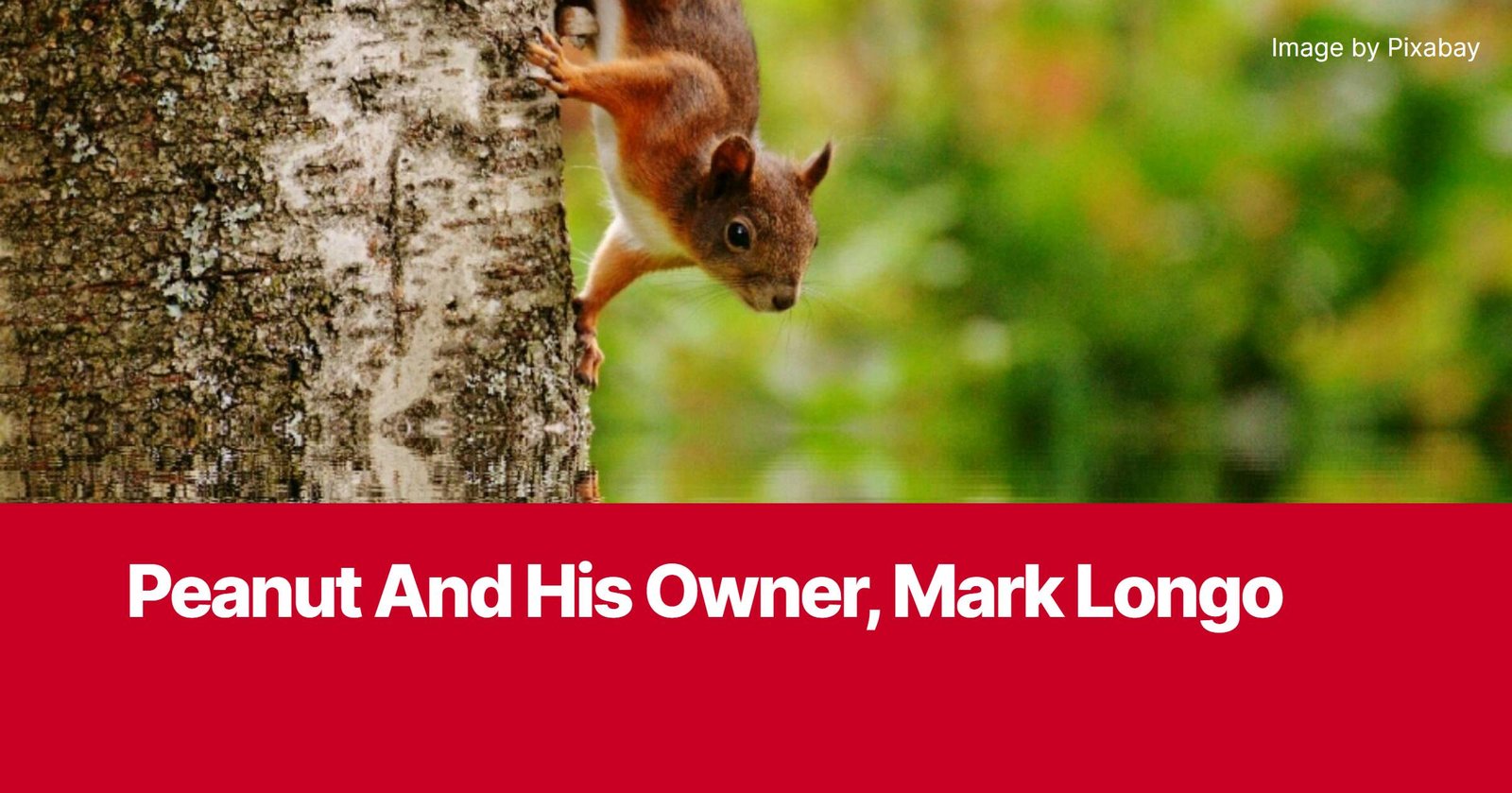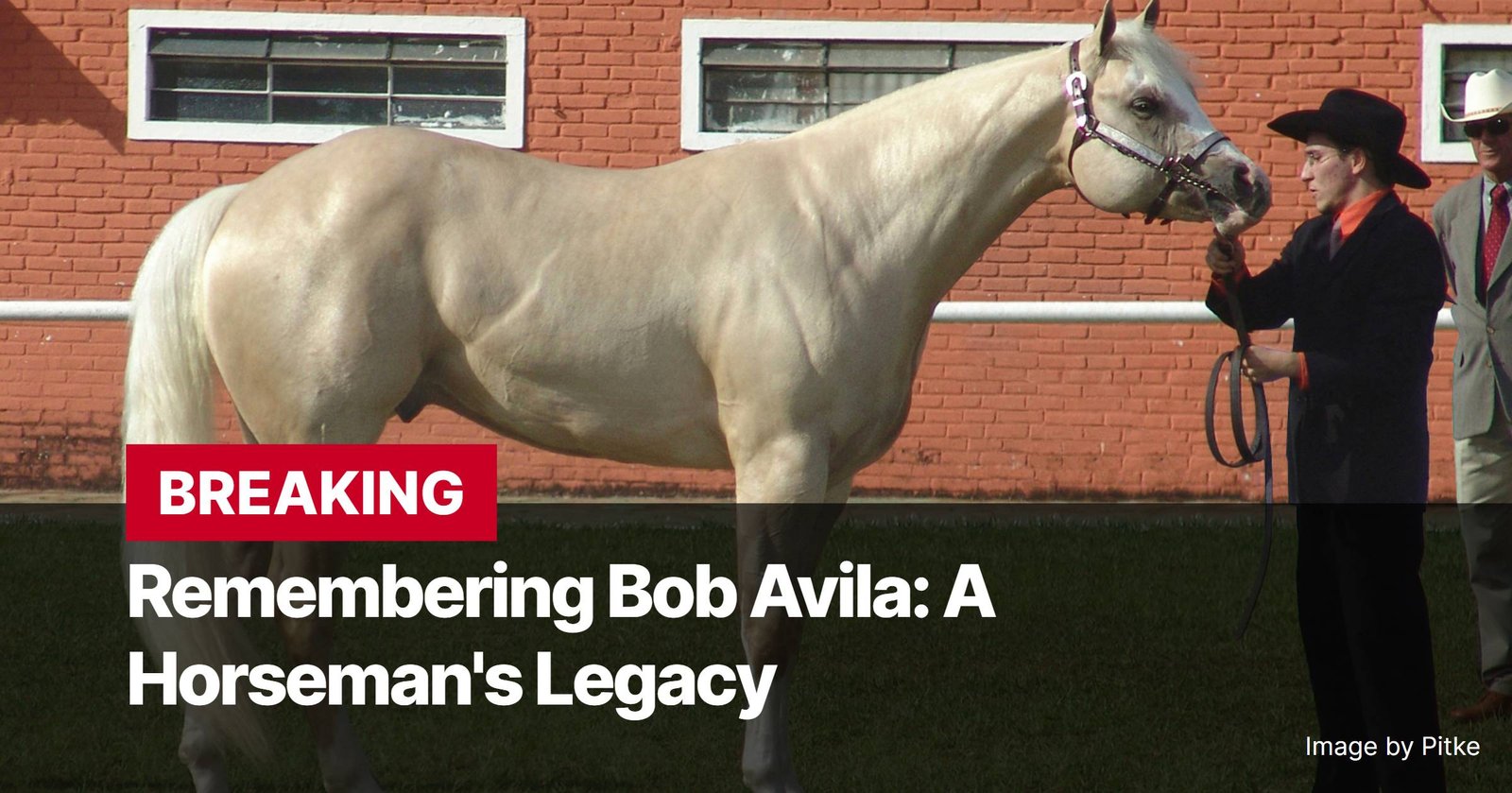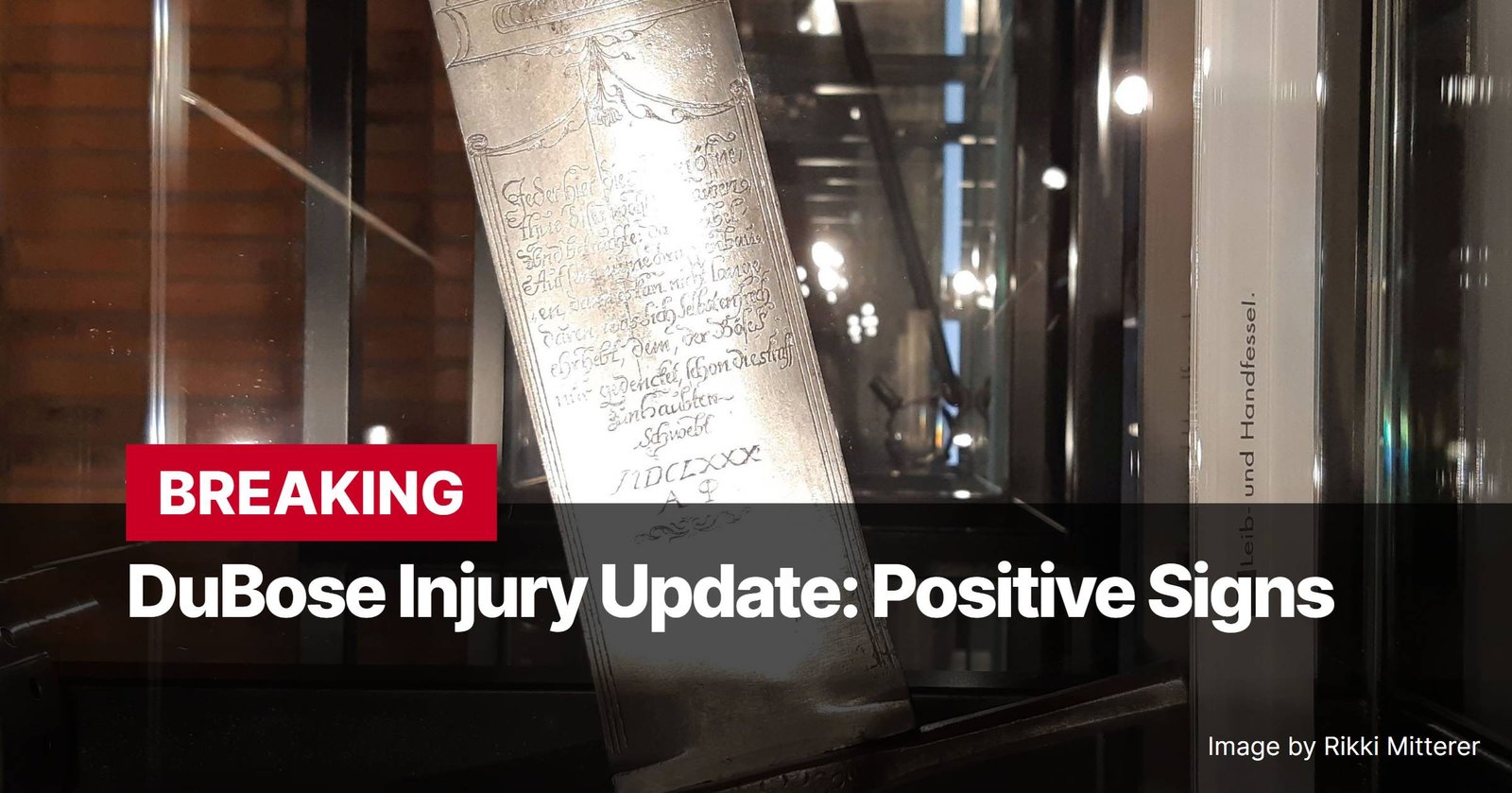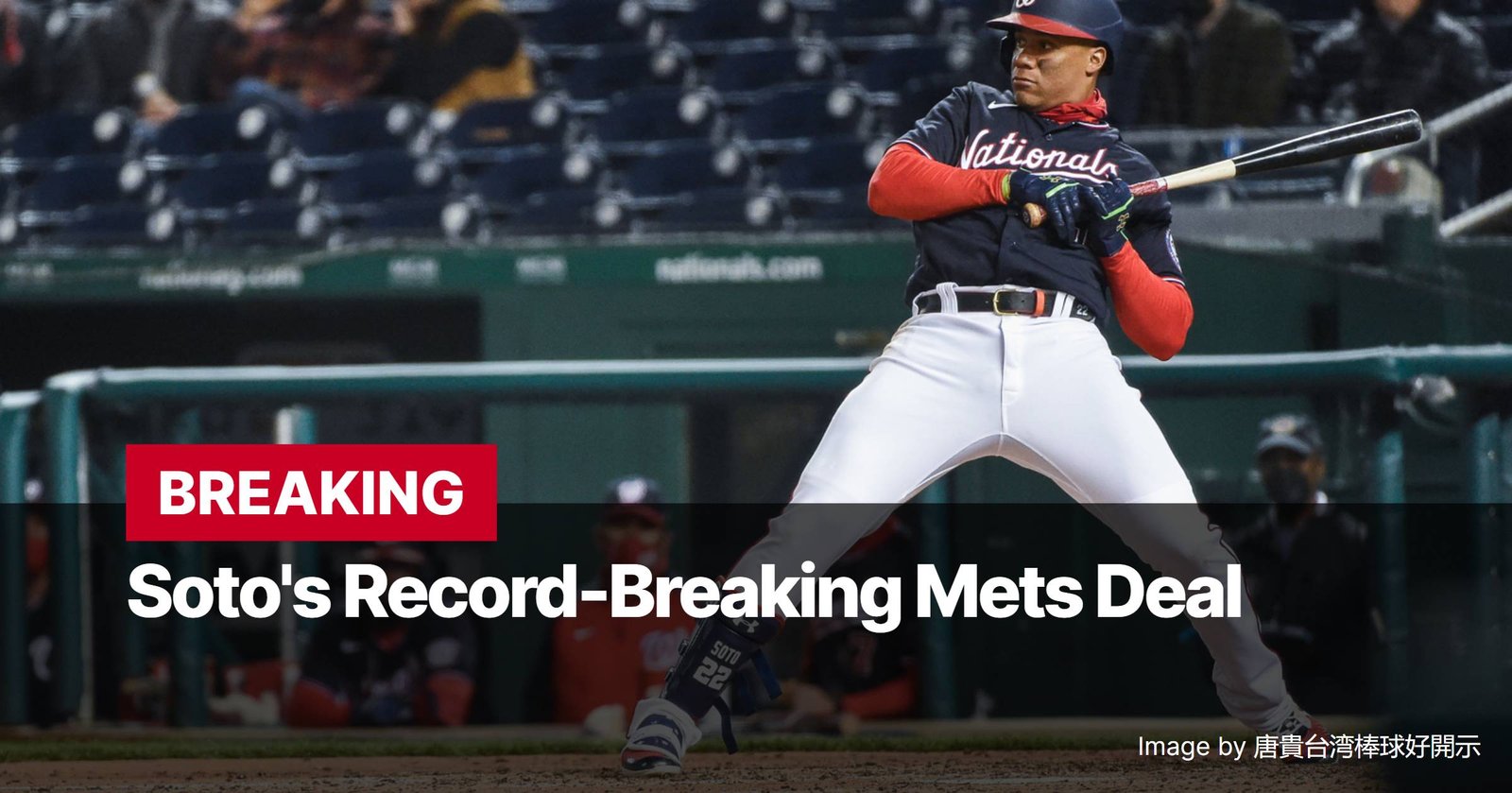The internet is mourning the loss of Peanut, a beloved squirrel with over half a million Instagram followers, who was euthanized by New York state officials after being seized from his home. The incident has sparked a heated debate about wildlife regulations, the ethics of euthanasia, and the role of social media in shaping public perception.
Peanut’s story began seven years ago when his owner, Mark Longo, found him as an orphaned baby in New York City after his mother was tragically hit by a car. Unable to find a suitable shelter, Longo took Peanut in and cared for him. After an unsuccessful attempt to release him back into the wild, during which Peanut sustained a tail injury, Longo decided to keep him permanently. Peanut thrived under Longo’s care, charming the internet with his playful antics, love of waffles, and endearing bond with his owner.
However, this heartwarming tale took a tragic turn on Wednesday when officers from the New York State Department of Environmental Conservation (DEC) seized Peanut, along with a raccoon named Fred, from Longo’s home in rural Pine City. According to official statements, the seizure was prompted by multiple public complaints about the potentially unsafe housing of wildlife and the illegal keeping of wild animals as pets. One official involved in the seizure was reportedly bitten by Peanut, leading to the decision to euthanize both animals to test for rabies, a concern cited by authorities due to the presence of the disease in local raccoon populations for over 30 years.
The news of Peanut’s euthanasia has been met with an outpouring of grief and anger on social media. Many fans expressed their devastation over the loss of the beloved squirrel, questioning the necessity of euthanasia and criticizing the DEC’s handling of the situation. A petition demanding Peanut’s return, which had garnered thousands of signatures before his death, and a GoFundMe campaign to cover legal fees associated with the case, highlight the strong emotional connection many people felt with the squirrel and their support for Longo.
The incident underscores the complex legal and ethical considerations surrounding wildlife ownership. While Longo viewed Peanut as a beloved pet, New York state law prohibits keeping young wildlife as pets, emphasizing the potential risks to both humans and animals. Officials argue that such regulations are in place to prevent the spread of diseases like rabies and to ensure that wild animals are not subjected to inappropriate care or deprived of their natural environment. They also point out that animals raised in captivity often develop an abnormal attachment to humans, making it difficult for them to survive if released back into the wild.

However, critics argue that Peanut’s case demonstrates the need for more nuanced approaches to wildlife regulations. They contend that Peanut, having spent most of his life in captivity, was unlikely to survive in the wild and that euthanasia was a drastic and unnecessary measure. They also question whether the DEC adequately explored alternative solutions, such as placing Peanut in a sanctuary or allowing him to remain with Longo under specific conditions.
The incident has also ignited a discussion about the role of social media in shaping public perception of wildlife. Peanut’s large Instagram following undoubtedly played a role in the widespread attention and emotional response to his story. While some argue that social media anthropomorphizes wild animals and encourages irresponsible pet ownership, others believe it can raise awareness about wildlife conservation and promote empathy for animals.
The tragic end of Peanut serves as a stark reminder of the delicate balance between protecting wildlife and respecting the bonds that humans can form with animals. It also highlights the need for ongoing dialogue and education about responsible wildlife interaction and the importance of adhering to regulations designed to protect both animals and public health. While Peanut’s physical presence is gone, his story continues to resonate, prompting important conversations about our relationship with the natural world and the ethical considerations surrounding wildlife management.



















